|
Congratulations to Bianca Brown, microbiome scientist extraordinaire, on her publication appearing today in Ecosphere! Spatiotemporal variation in the gut microbiomes of co-occurring wild rodent species is freely available via open access. It is a rare example of the type of insightful work that can develop through collaborations involving field, lab, and big-data analytical approaches to really understand what's going on with wildlife. It is part of our long-term collaboration with the UHURU project at Mpala Research Centre in Kenya.
0 Comments
The paper led by Brian Gill on individual-level tracking of elephant diets -- Foraging History of Individual Elephants Using DNA Metabarcoding -- was just published by Royal Society Open Science. We are very proud of this paper, which revisits a set of classic studies on seasonal diet switching by elephants using stable isotopes in hair that were led by coauthors Thure Cerling and George Wittemeyer. The work was made possible with support in the field from Save the Elephants and with the botanical expertise of coauthor Paul Musili from the National Museums of Kenya.
The paper was accompanied by a great summary by Corrie Pikul and featured on the Brown University homepage: Similar to Humans, Elephants Vary What they Eat for Dinner. The paper also attracted attention in the media, including interviews on BBC Television and Times Radio. Some nice coverage of the study was also provided by BBC (with hilarious photos), Newsweek, ZME Science, and The Times. Collaborator and University of Wyoming PhD student, Leo Malingati, appears on an episode of the documentary series Wildlife Warriors and shares his experience studying the small mammals of Mpala Research Centre!
The conversation featuring our work to analyze small mammal diets -- poop science! Short video available on YouTube. Episode on Vimeo.
Honors and awards are rolling in... Congratulations to Bianca Brown for a 2020 Ford Foundation Dissertation Fellowship Honorable Mention!
Congratulations to Courtney Reed for a 2020 Animal Behavior Society Student Research Grant! Chrishen Gomez is the recipient of a prestigious 2019 Merdeka Award Grant from Malaysia, which was established “to reward citizens and organizations who have made outstanding contributions in their respective fields to the people of Malaysia.”
Chrishen joins the lab for three months as a Visiting Research Associate affiliated with EEB. During his visit, Chrishen will collaborate on DNA-based analyses of animal diets and genetics. Chrishen aims to apply these approaches and his affiliation with the Bornean Carnivore Program to establish a conservation genetics research program that focuses on the Sunda Clouded Leopard in Malaysia. Check out Chrishen's Merdeka Award acceptance speech to learn about his amazing research and conservation efforts in Borneo! A pair of recent papers from the lab were highlighted for the creative use of DNA metabarcoding to solve problems and ask new questions in fields that span ecology and biomedical science.
1. Our recent paper documenting variation in diet-microbiome linkages in African megafauna was highlighted on the cover of PNAS, Brown University's news, The Division of Biomedicine's 'Kudos' memo, and in the media. This open access paper reflects the results of a long-term collaboration with Rob Pringle from Princeton, Paul Musili from the National Museums of Kenya, a creative honors thesis by Julianna Hsing, and the microbiome-bioinformatics chops of current grad student Bianca Brown. 2. Our recent paper in mSystems creatively translated the DNA metabarcoding approaches that we've been using for wildlife research into a biomedical context to evaluate the plant component of human diets. Using DNA-based evidence of human diet composition could be highly complementary to the current standard of asking human subjects to maintain diet logs in research on human health and nutrition. The paper was highlighted as Editor's pick in the area of Clinical Science and Epidemiology by the journal, as well as in a thoughtful commentary by Frank Maixner, who further highlighted the connections between this work and the fields of archaeology and ancient DNA. The paper was co-led by Aspen Reese based on samples from a prior experimental study investigating the influences of diet interventions on human gut microbiomes, which was led by Lawrence David.
As the fall semester gets into swing, the lab is having a lot of fun and making progress on research. Several milestones should not go unnoticed, and there are photos to boot. In no particular order:
|
Archives
June 2024
Categories
All
|
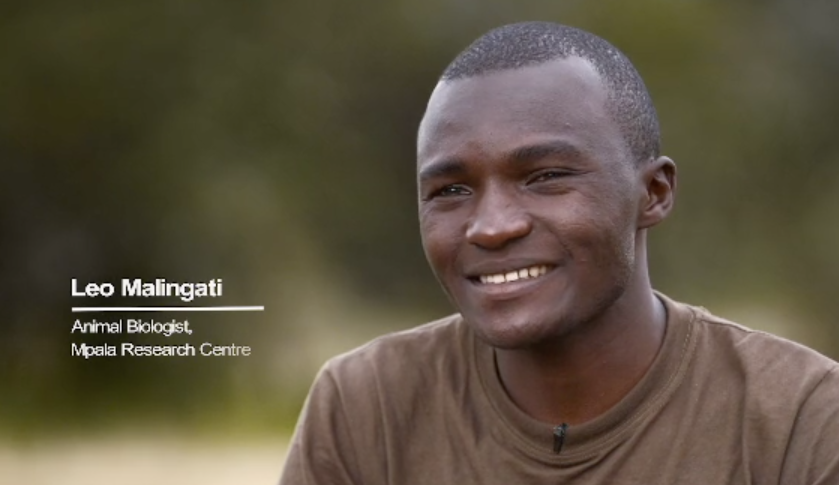
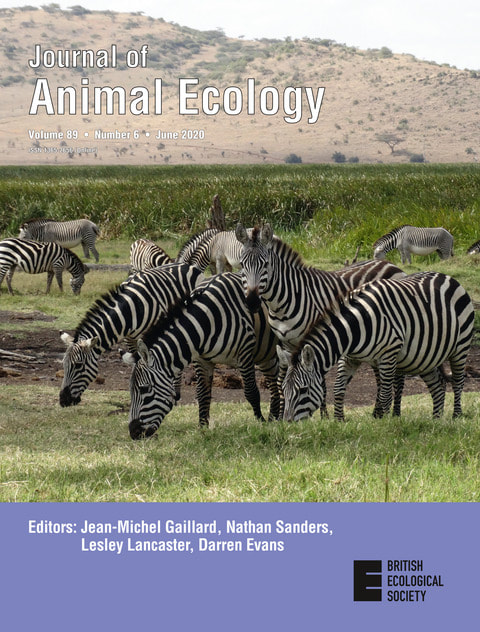

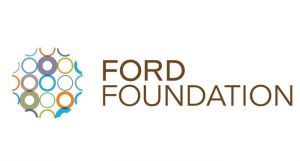
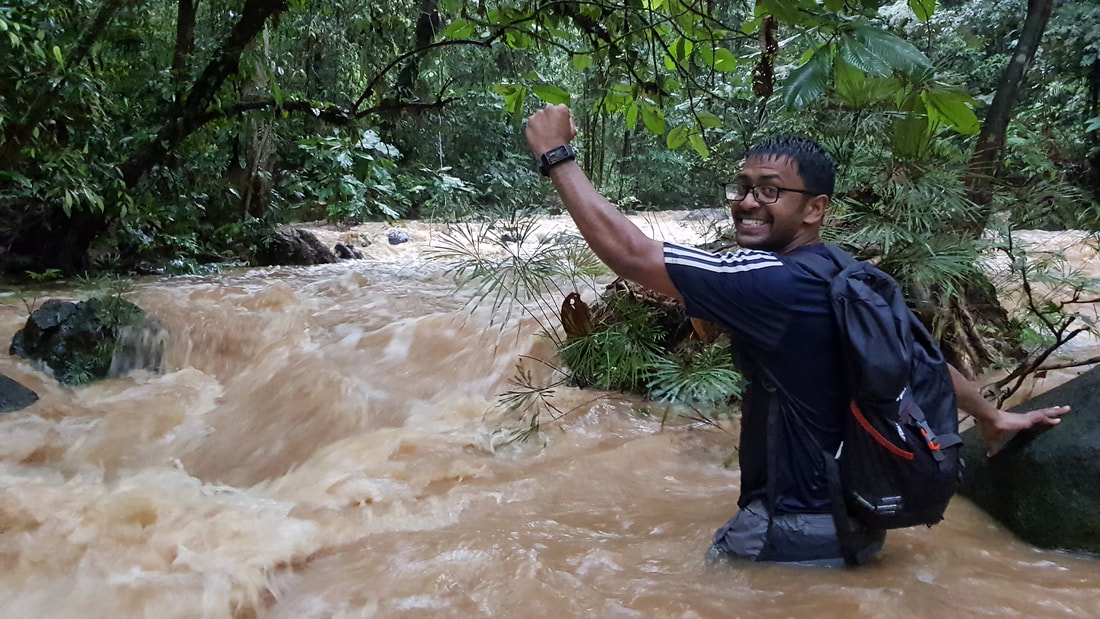


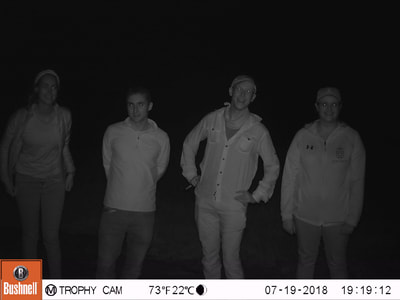
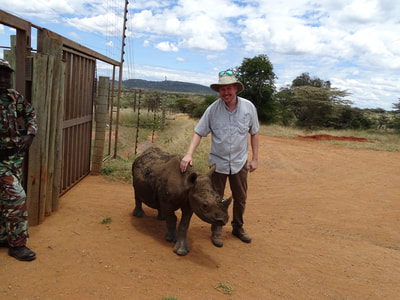
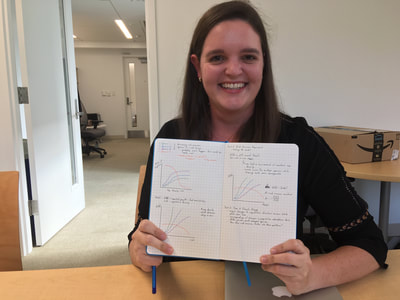
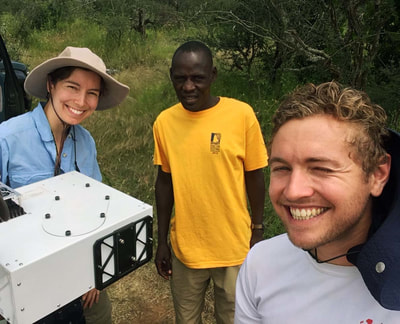
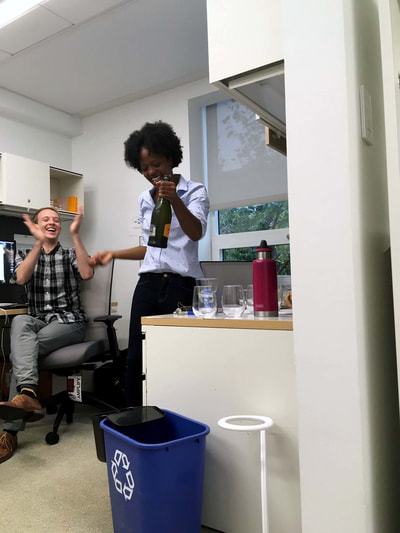
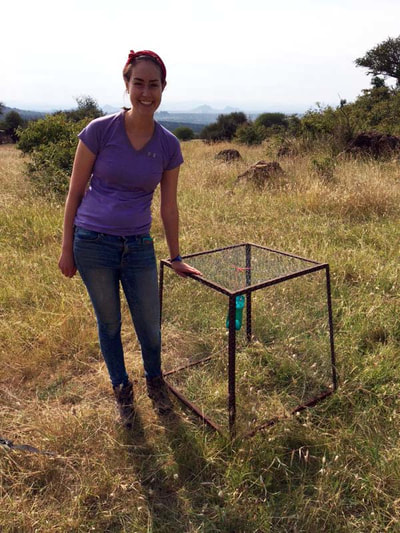

 RSS Feed
RSS Feed
